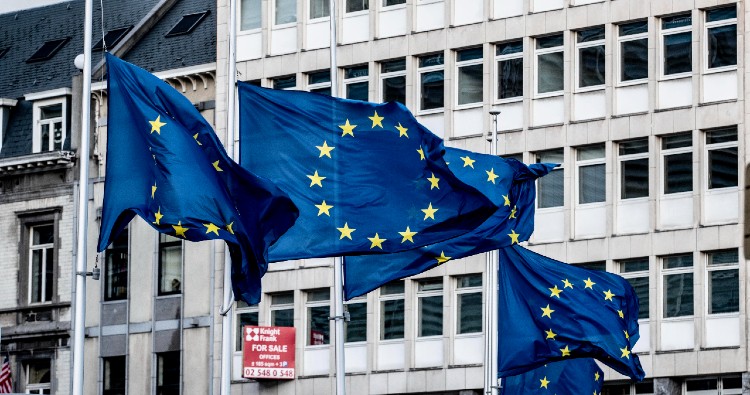Georgia has “solid” human rights framework, including legislations, policies in line with intl, European standards - EU report

As the report noted “in 2022 progress has been achieved in the reforms of the electoral system, of the public administration, the enhancement of gender equality, the rights of the child, and the rights of persons with disabilities”. Photo via Council of EU
The European Union on Tuesday published its annual 2022 report on Human Rights and Democracy in the World, in which it assessed that overall Georgia has a “solid” human rights framework, including legislations and policies in line with international and European standards.
As the report noted “in 2022 progress has been achieved in the reforms of the electoral system, of the public administration, the enhancement of gender equality, the rights of the child, and the rights of persons with disabilities”.
However, the EU emphasised that “implementation should be strengthened in several areas”, including judicial reforms, anti-corruption, strengthening the independence of State’s institutions, while also stressing that the human rights situation in Georgia’s occupied Abkhazia and Tskhinvali (South Ossetia) regions remained “concerning”.
The report also said that the EU focused on strengthening the independence and accountability of the judiciary, reducing inequalities, contributing to the fight against discrimination and empowering the civil society to promote and defend their civic rights.
The regular political dialogue with Georgia was also noted, including the bloc’s “significant efforts” to encourage Georgia to develop the Georgian National Strategy for the Protection of Human Rights for 2022-2030 through regular meetings with Prime Minister Irakli Garibashvili’s Human Rights Advisor, in close cooperation with the United Nations.
A dialogue on the development of a comprehensive action plan to implement the National Strategy is ongoing. The EU has put forward suggestions aiming at integrating issues that had not been included in the strategy, such as addressing discrimination based on sexual orientation and gender identity, hate crimes and judicial matters”, the EU report said.
The EU delegation’s continued work to be at the “forefront of protecting and promoting” human rights in Georgia through implementing substantial human rights programmes and systemic outreach activities was also highlighted, with the bloc allocating €11 million for EU4Human Rights, aiming to strengthen human rights protection.
The report also said that the country continued its multilateral engagement throughout 2022, being elected as a Member of the UN Human Rights Council for 2023-2025 and stressed that in March 2022, the Human Rights Council adopted a resolution on continued technical assistance by the UN High Commissioner for Human Rights focused on the situation in occupied territories.
On 9 June, the UN General Assembly adopted by vote, for the 15th time, the Georgian resolution on Status of internally displaced persons and refugees from Abkhazia, Georgia and Tskhinvali (South Ossetia) regions, it was also noted in the report.
 Tweet
Tweet  Share
Share